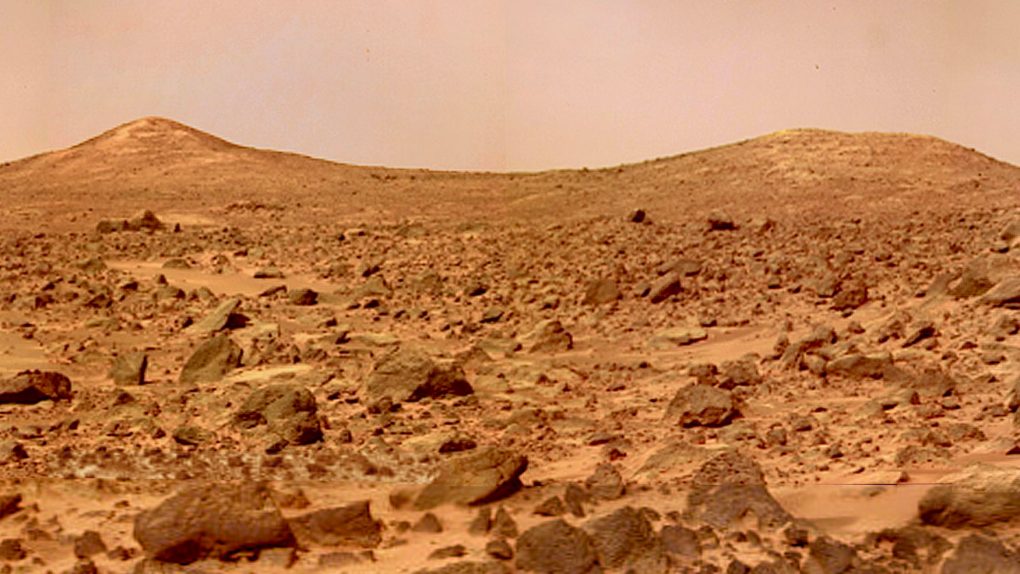A new study published in the journal Science has uncovered new evidence of possible organic compounds on Mars. The discovery is just one of several discoveries that Perseverance and NASA’s Curiosity Rover have made on the Red Planet, which could paint a picture of life and living organics having called the planet home in the past.
With NASA planning a manned mission to Mars in the 2030s, learning more about the planet continues to be a priority for many working with NASA and other space agencies. Additionally, with the possibility that the Mars Sample return could bring more evidence of organic compounds and even signs of life on Mars looming, astronomers are looking for as many clues as they can get.
The latest clues come in the form of what astronomers believe could be organic compounds found on Mars within Martian rock collected by NASA’s Perseverance rover. According to the new paper, the rocks were discovered in Jezero Crater, which has long been believed to be an ancient delta on the surface of the Red Planet.

If Perseverance has indeed found organic compounds, it further escalates the belief that Mars was once a thriving planet with abundant life on it. Of course, there is no evidence to point towards that life being intelligent, but even finding small signs of ancient life on Mars would be groundbreaking. Further, it is important to note that finding organic compounds on Mars does not mean signs of life.
Yes, organic compounds are important to living organisms. However, just because the base compounds are there, does not mean that life has been found. It just means that some of the basic building blocks needed for life have been discovered on the planet. It’s still revolutionary, and something worth being excited about, though.
Further, discoveries like this could shed more light on the belief that early life on Mars helped fuel climate change, turning the planet into the wasteland that it is today.








